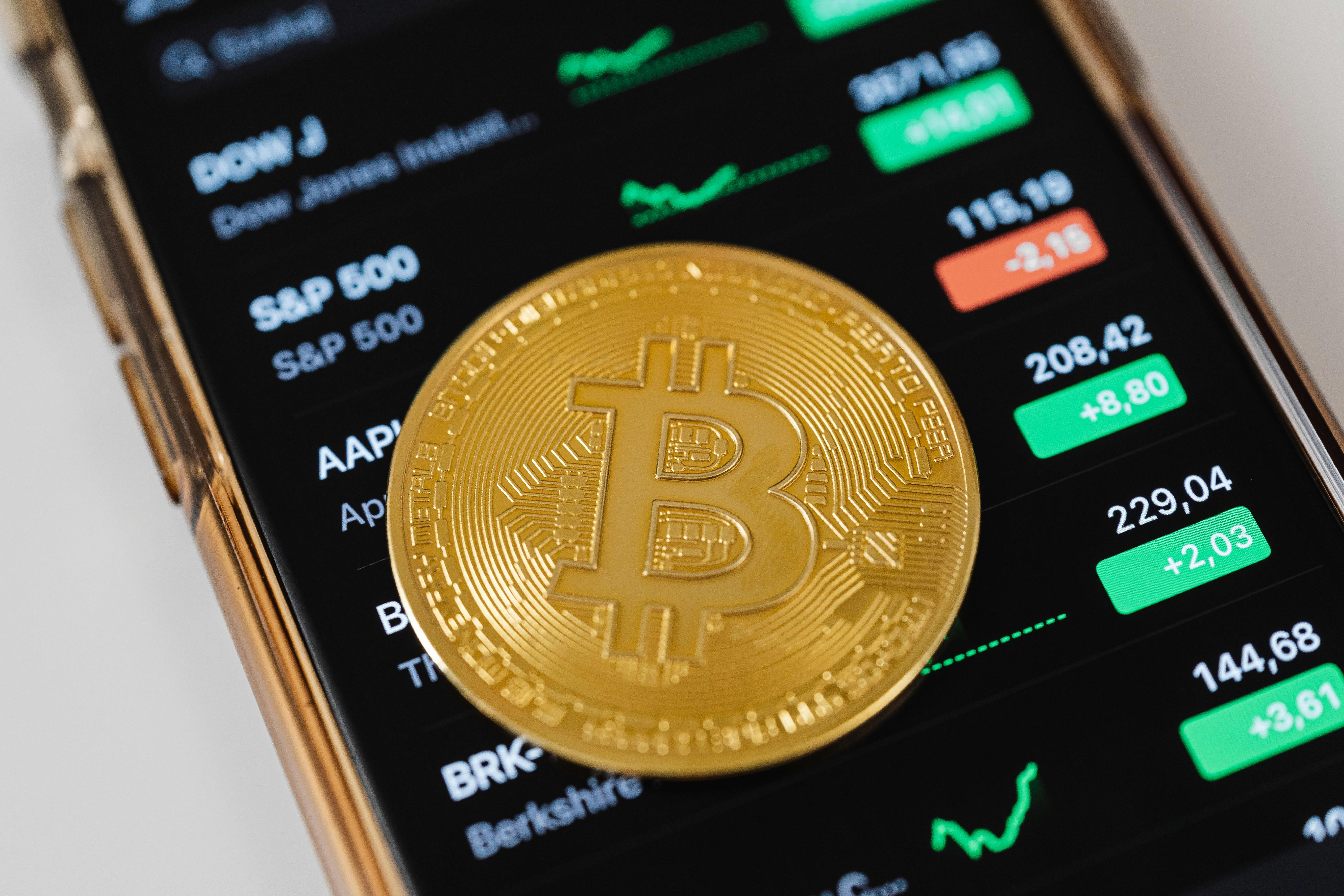
Privacy and Security in Blockchain Transactions: A Comprehensive Guide for Decentralized Finance
Privacy and Security in Blockchain Transactions
Understanding the Privacy Landscape in Blockchain Ecosystems
Blockchain technology has revolutionized financial transactions, offering unprecedented transparency and security. However, the delicate balance between public ledger transparency and individual privacy remains a critical challenge for developers and users alike. Privacy in blockchain transactions represents a complex interplay between cryptographic techniques, regulatory frameworks, and technological innovations.
Key Privacy Challenges in Decentralized Finance
Decentralized finance (DeFi) platforms face unique privacy challenges that require sophisticated technological solutions. Traditional blockchain networks like Bitcoin and Ethereum inherently expose transaction details, including wallet addresses and transaction amounts, creating significant privacy vulnerabilities. Advanced cryptographic protocols such as zero-knowledge proofs and ring signatures have emerged as powerful mechanisms to mitigate these risks.
Top Privacy-Focused Blockchain Protocols
1. Monero (XMR)
Monero represents the gold standard in privacy-centric cryptocurrencies, utilizing ring signatures and stealth addresses to obfuscate transaction details. Its sophisticated cryptographic mechanisms ensure complete transaction anonymity, making it extremely difficult to trace individual transactions.
2. Zcash (ZEC)
Zcash implements zk-SNARK technology, enabling fully encrypted transactions while maintaining a mechanism for selective disclosure. This approach allows users to prove transaction validity without revealing specific transaction details.
3. Aztec Protocol
A layer-2 privacy solution built on Ethereum, Aztec provides zero-knowledge transaction capabilities, enabling confidential smart contracts and private asset transfers.
Global Regulatory Landscape
Privacy regulations vary significantly across jurisdictions, creating a complex compliance environment for blockchain developers. The United States, through agencies like FinCEN and the SEC, maintains stringent reporting requirements, while jurisdictions like the British Virgin Islands and Switzerland offer more flexible regulatory frameworks.
Comparative Regulatory Analysis
| Jurisdiction | Privacy Approach | Regulatory Complexity |
|---|---|---|
| United States | Strict KYC/AML | High |
| Switzerland | Privacy-Friendly | Moderate |
| Cayman Islands | Flexible Regulations | Low |
| Liechtenstein | Structured Framework | Moderate |
Technological Solutions for Enhanced Privacy
Advanced cryptographic techniques continue to evolve, offering more robust privacy protections. Techniques like homomorphic encryption and secure multi-party computation enable transaction verification without exposing underlying data, representing the cutting edge of blockchain privacy technology.
Market Trends and Privacy Investments
According to recent market research, privacy-focused blockchain solutions experienced a 42% growth in investment during 2023, reflecting increasing enterprise and individual demand for enhanced transaction confidentiality. The global blockchain privacy market is projected to reach $3.5 billion by 2025.
Future Implications
The ongoing development of privacy technologies suggests a future where blockchain transactions can simultaneously maintain transparency for regulatory compliance and protect individual user data. Emerging technologies like confidential computing and advanced zero-knowledge protocols will play crucial roles in this evolution.
RWA.codes: Your Privacy and Security Partner
At RWA.codes, we specialize in developing sophisticated blockchain solutions that prioritize privacy, security, and regulatory compliance. Our expert team provides comprehensive services including privacy-preserving tokenization, secure smart contract development, and regulatory strategy consulting across multiple international jurisdictions.